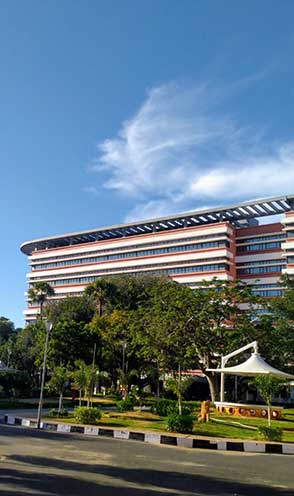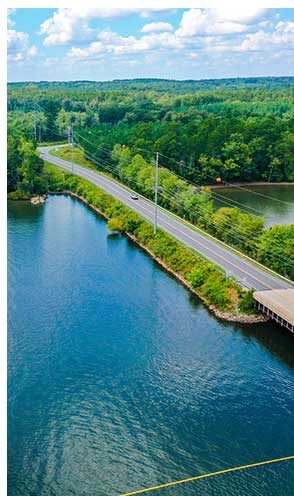Water Security and Climate Adaptation Conference


About WSCA 2023
Water Security and Climate Adaptation Conference
The Water Security and Climate Adaptation (WSCA) events are planned to highlight the importance of sustainability in water-related topics and emphasize the need for the same to scientists, engineers, policymakers, and industries. The overarching objective of these conferences is to proliferate the exchange of knowledge and practical know-how on the intrinsic relationship between water security and climate change adaptation, best practice implementation and with a view to advance research strategies in this domain that will further take forward our goals for sustainable development in efficient water management.
The WSCA conference will achieve a notable academic platform for scientific, technical, and policy-oriented discourses and discussions, evidenced by a reasonable number of expected participants from all stakeholders. The ABCD partners have an extraordinarily strong and large network, including the Centre for International Postgraduate Studies of Environmental Management (CIPSEM) and the United Nations University.
Keynote lecturers will be invited to give the conference a clear shaping format. Furthermore, the conference will also contribute to joint activities of several DAAD Global Centres for Climate and Environment as well as Global Centres for Health and Pandemics, by including relevant keynote lectures from these Global Centres. The organization of the conference is mainly based on the DAAD funded ABCD-Centre in Chennai.
Key Focus of WSCA
The key focus area of WSCA 2023 is “Adaptation and Mitigation through Sustainable Development”. It is particularly significant because of the global trends striving to achieve self-sufficiency and sustainability in all regards. The G20 summit’s theme emphasizes “Lifestyle for Environment”, with its associated, environmentally sustainable, and responsible choices, both at the level of individual lifestyles as well as national development, leading to globally transformative actions resulting in a cleaner, greener, and bluer future.
As the main theme concentrates on adaptation and mitigation, it is important to innovate or use and implement the right technologies to adapt fast for the current scenario and mitigate slowly for the near and far future trend to achieve our set global goals for water and climate change. Can technology save us? The most effective response would be yes, choosing the right technologies that are best practices on the ground respective to the region/local scenario produces best results. To implement the best practices technologies, it is important to have inclusive and transparent governance and policy making by building an effective, focused, and resilient integrated capacity building approach.
